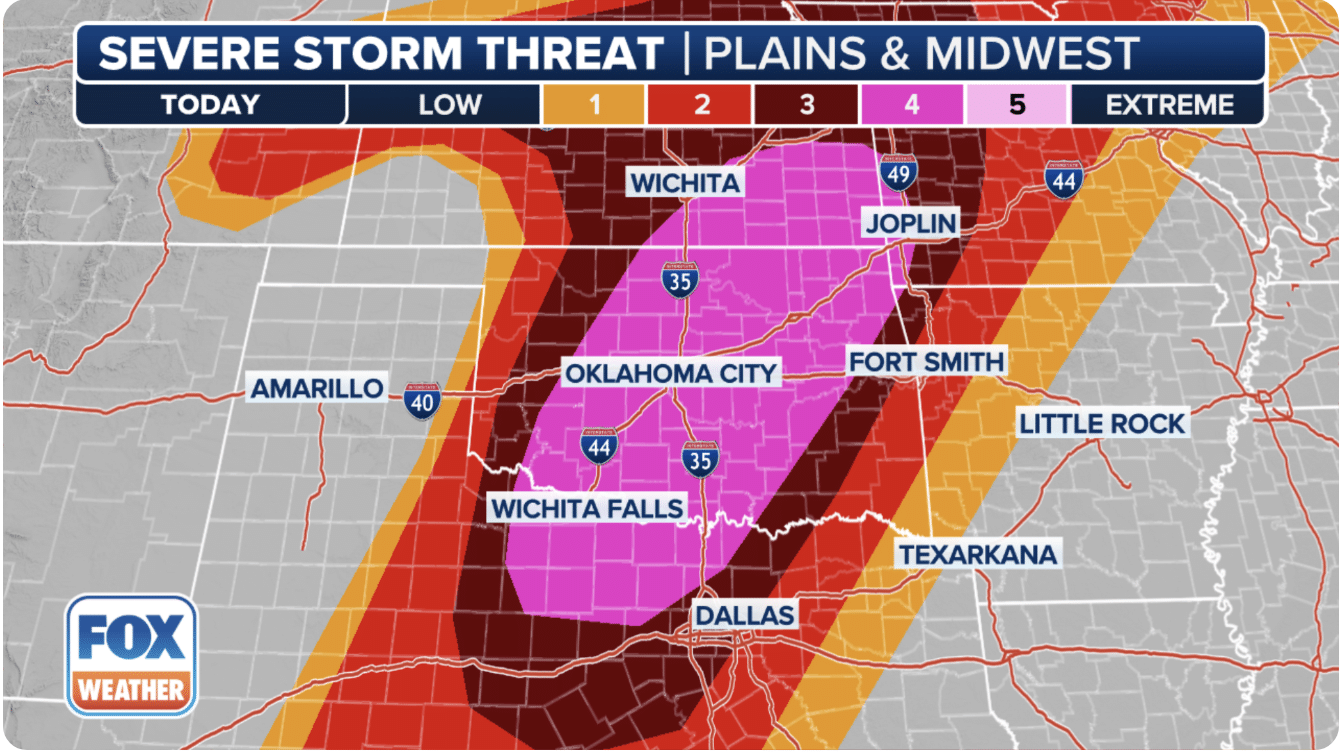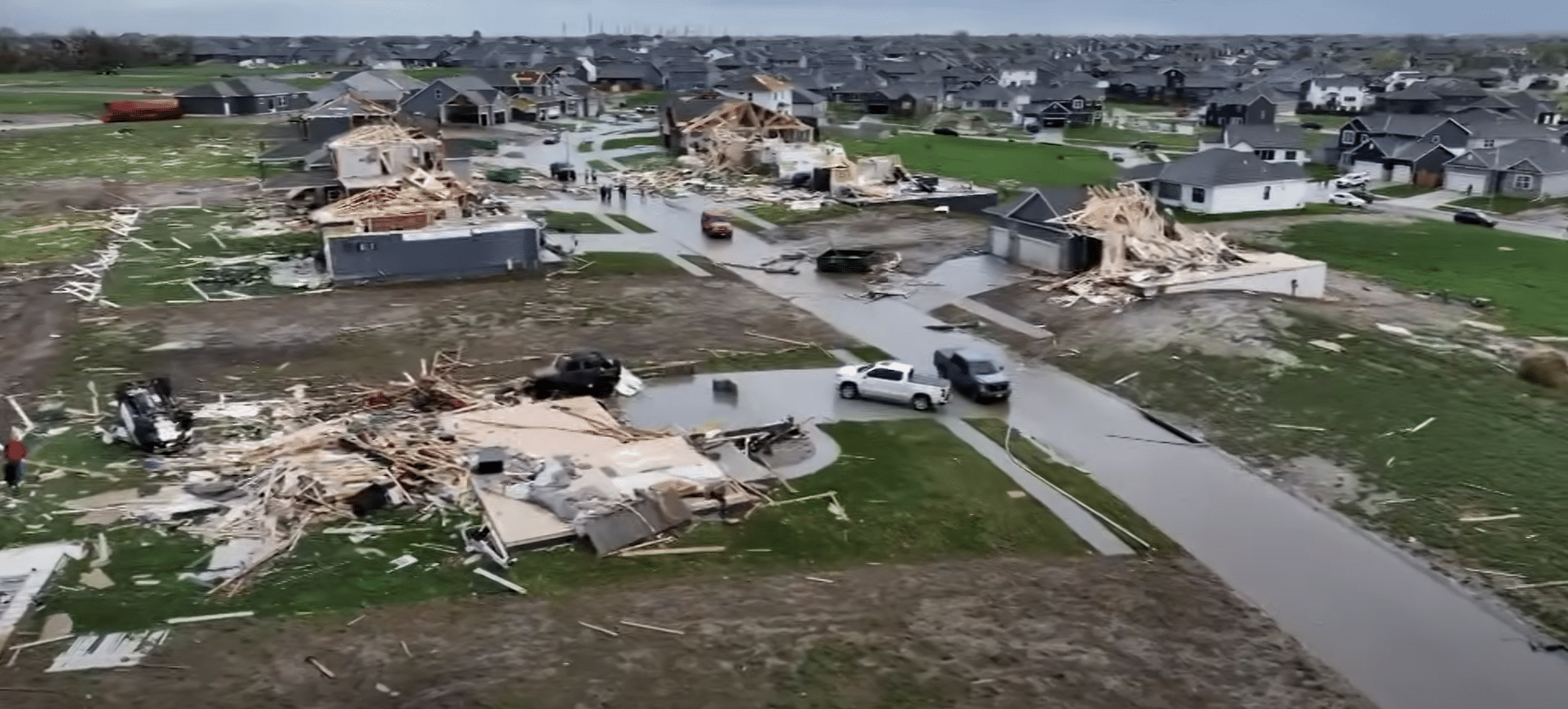Israel has made clear it views as untenable the regular exchange of fire between its forces and Hezbollah along the border and may soon launch a major military operation in Lebanon.
We prefer the path of an agreed-upon diplomatic settlement,” Israeli Defense Minister Yoav Gallant said Friday, “but we are getting close to the point where the hourglass will turn over.”
U.S. officials are concerned that Israeli Prime Minister Benjamin Netanyahu may see an expanded fight in Lebanon as key to his political survival amid domestic criticism of his government’s failure to prevent Hamas’s Oct. 7 attack, which killed an estimated 1,200 people and resulted in some 240 hostages being taken to Gaza.
In private conversations, the administration has warned Israel against a significant escalation in Lebanon.
If it were to do so, a new secret assessment from the Defense Intelligence Agency (DIA) found that it will be difficult for Israel Defense Forces (IDF) to succeed because its military assets and resources would be spread too thin given the conflict in Gaza, according to two people familiar with those findings.
Hezbollah, a longtime U.S. adversary with well-trained fighters and tens of thousands of missiles and rockets, wants to avoid a major escalation, according to U.S. officials, who say the group’s leader, Hasan Nasrallah, is seeking to steer clear of a wider war.
In a speech on Friday, Nasrallah vowed a response to Israeli aggression, while hinting that he might be open to negotiations on border demarcation with Israel.
Secretary of State Antony Blinken is set to arrive in Israel on Monday where he will discuss specific steps to “avoid escalation,” his spokesman, Matt Miller said before boarding a plane to the Middle East.
Officials fear that a full-scale conflict between Israel and Lebanon would surpass the bloodshed of the 2006 Israel-Lebanon war on account of Hezbollah’s substantially larger arsenal of long-range and precision weaponry.
“The number of casualties in Lebanon could be anywhere from 300,000 to 500,000 and entail a massive evacuation of all of northern Israel,” said Bilal Saab, a Lebanon expert at the Middle East Institute.
Hezbollah may strike deeper into Israel than before, hitting sensitive targets like petrochemical plants and nuclear reactors, and Iran may activate militias across the region. “I don’t think it would be limited to these two antagonists,” he said.
In recent weeks, Israel’s regular shootouts with Hezbollah along the border have grown more aggressive, drawing private rebukes from Washington, said U.S. officials.
On Dec. 5, four rounds of Israeli tank fire resulted in the killing of one LAF soldier and the injury of three others. On Dec. 8, Israeli artillery fire containing white phosphorous hit LAF facilities, injuring an LAF soldier who inhaled the noxious fumes.
On Nov. 4, Israeli fire against an LAF position at Sarda left a “large hole in a LAF structure,” according to the U.S. intelligence. Some details of these attacks were reported previously by CNN.
The official also said a priority was maintaining the credibility of the Lebanese Armed Forces and that the international community should be doing everything it can to bolster and support them, as they would be a vital component of any “day after” scenario in Lebanon in which Hezbollah is weakened and poses less of a threat to Israel.
One U.S. official said that the forces Israel withdrew from Gaza could be deployed to the north after sufficient time to rest and prepare for another wave of combat.
But Israel’s air force is also overworked, having conducted constant strikes since the war began in October, said the official, explaining the Defense Intelligence Agency’s assessment that an escalation in Lebanon would spread Israeli forces thin.
Pilots are tired, and airplanes have to be maintained and refitted, the official said.
They would face more dangerous missions in Lebanon than in Gaza, where Hamas has little in the way of antiaircraft defenses to shoot down attacking planes.
Within the administration, there are differing perceptions about Netanyahu’s interest in a negotiated resolution to the Hezbollah conflict. One senior U.S. official said the Israeli leader’s pledge to create a “fundamental change” to address the border fighting with Hezbollah is mere bluster aimed at extracting concessions from the Lebanese group.
Others said that if the Gaza war ends tomorrow, Netanyahu’s political career will end with it, incentivizing him to broaden the conflict.

















